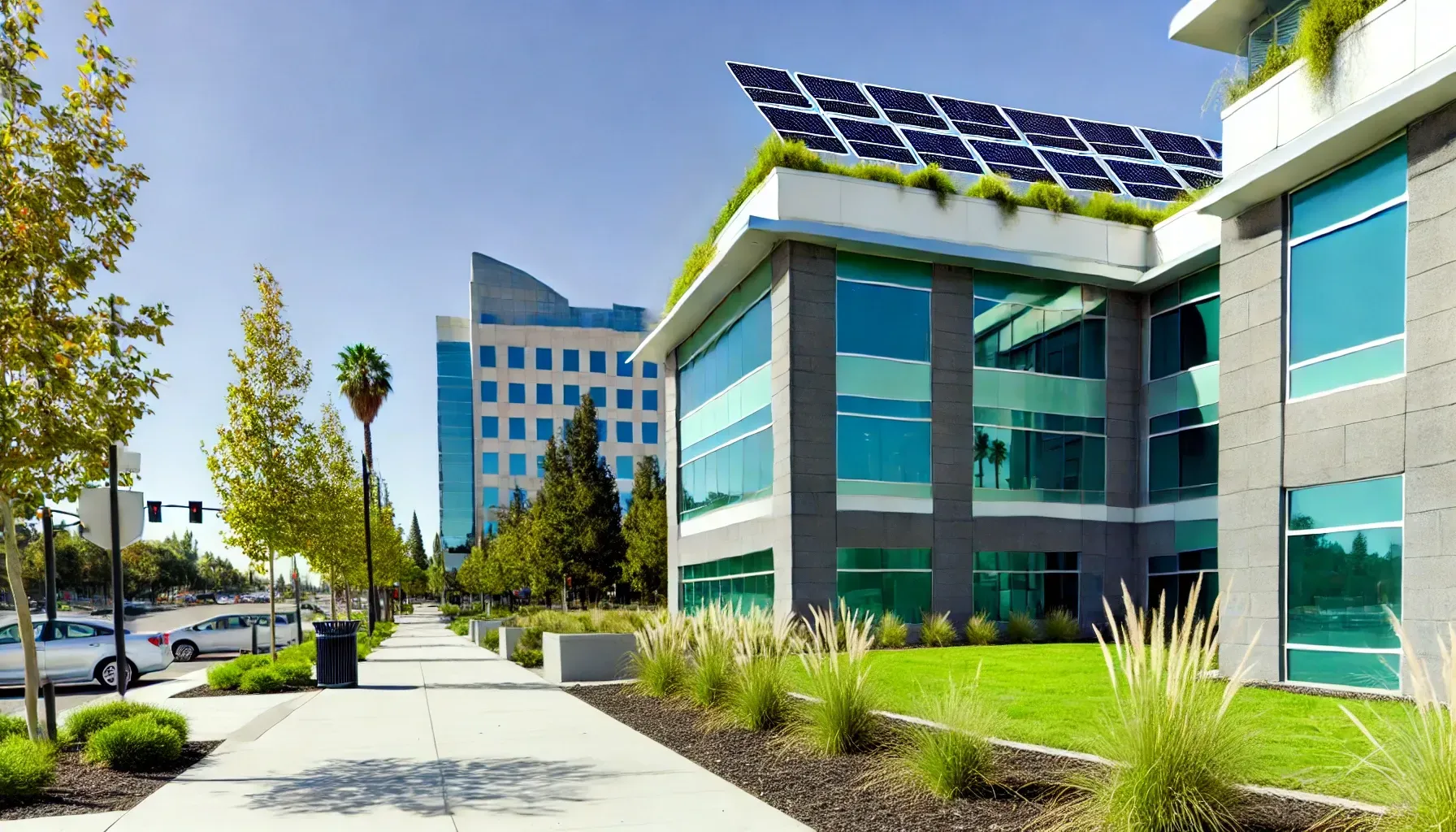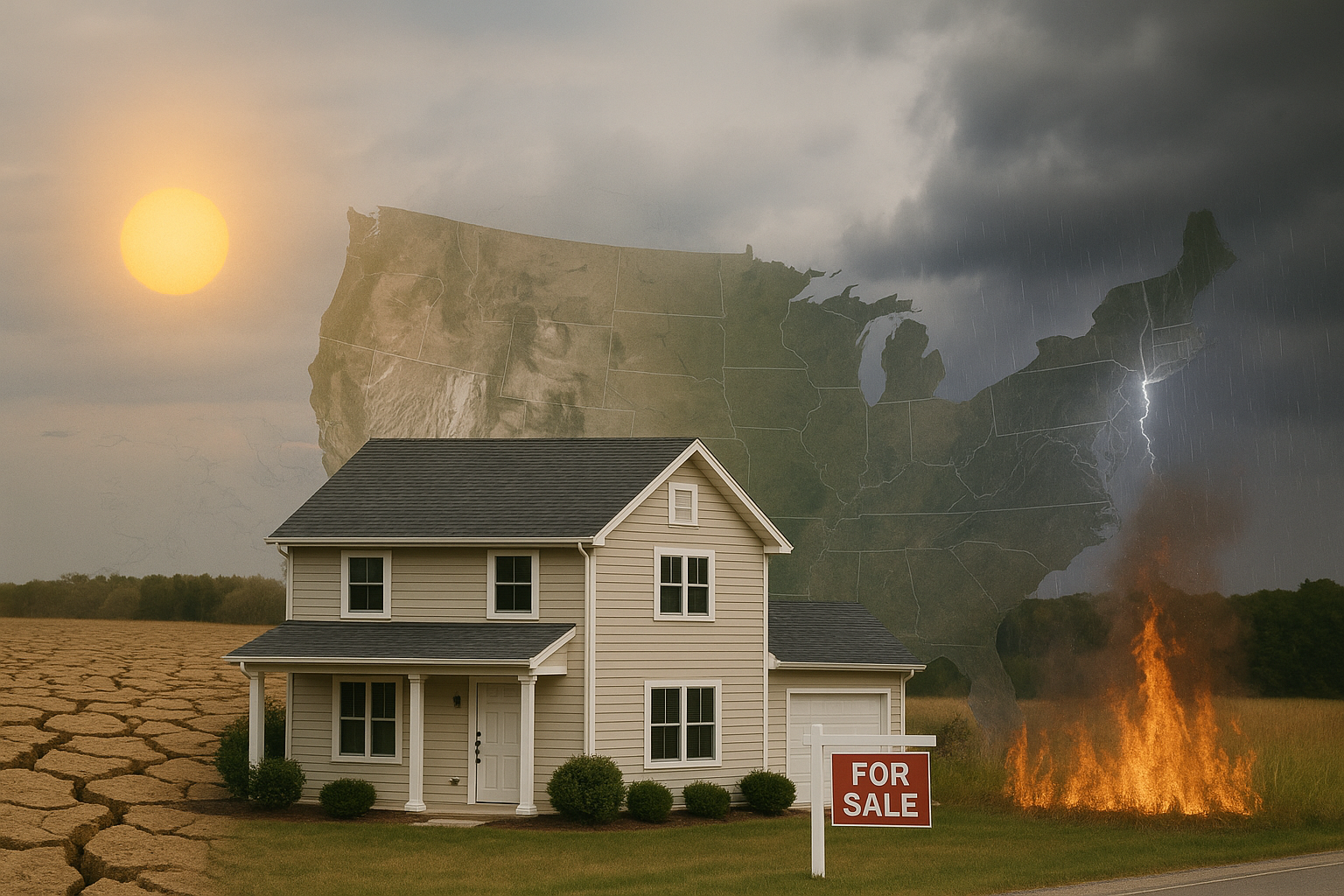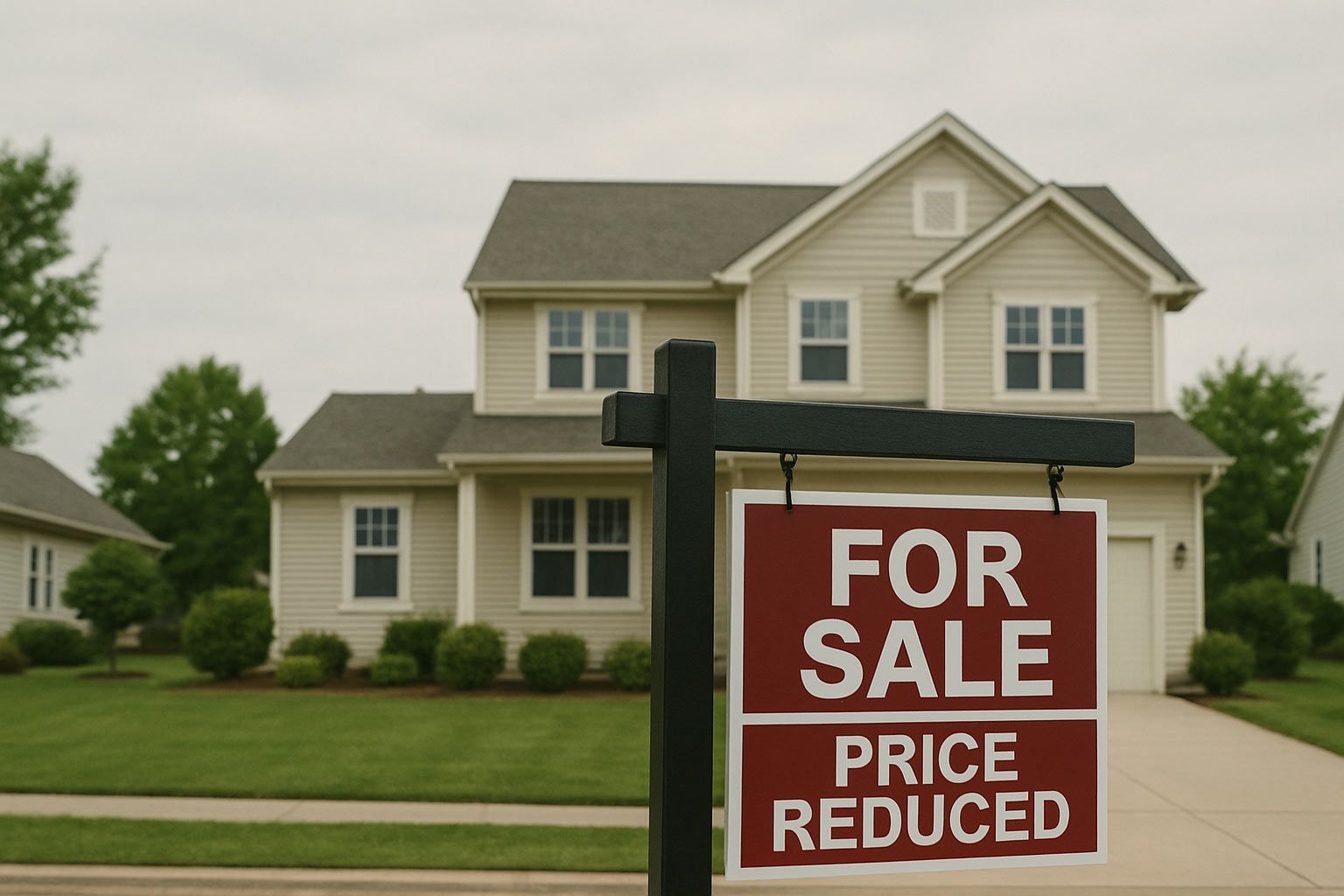The Benefits of Energy Efficiency in Commercial Real Estate
Energy efficiency is no longer a trendy term but an important focus in commercial real estate investment and management. As the demand for sustainability grows among investors and tenants, energy-efficient buildings offer notable financial, environmental, and competitive rewards. In this article, we’ll discuss the top advantages of energy efficiency in commercial real estate, including cost savings, LEED certifications, and long-term ROI.

Cost Savings Through Efficiency: How Energy Upgrades Reduce Operating Costs
Commercial real estate properties, especially warehouses, office buildings, and retail spaces, face high energy expenses due to their heating, lighting, and cooling needs. Energy-efficient solutions like smart LED lighting, HVAC systems, and energy-efficient windows help reduce consumption, offering substantial cost savings.
Lower Utility Bills
Reducing natural gas, electricity, and water usage, energy-efficient buildings offer lower utility bills. An upgrade to energy-efficient lighting, for example, can decrease electricity consumption by up to 75%. Additionally, smart HVAC systems that optimize temperature control can cut energy usage by 10-30%. These measures cumulatively result in healthier profit margins for property owners and managers.
Maintenance Savings
Beyond their energy-saving benefits, energy-efficient systems tend to require less maintenance. High-efficiency HVAC systems are designed for peak performance with minimal wear, and LED lights, which have a longer lifespan compared to traditional bulbs, help lower the frequency of replacements and reduce associated labor costs.
Government Incentives and Rebates
Commercial property owners can take advantage of various local and federal incentives, rebates, and tax breaks when they invest in energy-efficient improvements. Programs such as Energy Star certification and the Commercial Buildings Energy Efficiency Tax Deduction offer financial benefits, which can immensely minimize the upfront costs of retrofitting for energy efficiency.
Green Building Certifications: The Value of LEED and Other Certifications for Attracting Tenants
Energy efficiency in commercial real estate is now commonly linked to prestigious green building certifications such as LEED or BREEAM. These certifications provide a significant competitive edge, as tenants are showing a growing preference for environmentally friendly spaces, whether for offices, retail outlets, or warehouses.
LEED Certification: A Standard of Sustainability
Achieving LEED certification, a symbol of sustainability recognized worldwide involves meeting high standards for energy efficiency, water management, air quality, and sustainable materials. While the certification process demands an initial investment, the long-term advantages, such as appealing to eco-conscious tenants and reducing vacancy rates, more than justify the cost.
BREEAM and Other Certifications
Another highly respected certification, BREEAM, measures a building’s sustainability through energy efficiency, water conservation, and waste management. Certifications such as WELL and Green Globes also highlight energy performance and health-focused features, helping property owners distinguish their buildings in a competitive environment.
Tenant Attraction and Retention
Many large corporations, specifically in sectors like technology, law, and finance, are focused on reducing their carbon footprints and achieving CSR goals. Leasing space in energy-efficient, certified green buildings helps them meet these sustainability targets. Property owners offering LEED-certified spaces can attract top-tier tenants, who see value in paying higher rents for sustainable, eco-conscious workspaces.
Long-Term ROI: The Financial and Environmental Returns on Energy-Efficient Investments
Energy efficiency improvements are often perceived as a short-term expense, yet their long-term rewards can far outweigh the upfront costs. Commercial real estate owners reduce operating costs by implementing energy-efficient upgrades, draw in top-tier tenants, and experience lasting financial and environmental returns.
Increased Property Value
Buildings with energy-efficient features are considered more valuable in the marketplace, often commanding higher sales prices and rental rates. The U.S. Green Building Council reports that LEED-certified properties can increase rental income by up to 20%. Investors are drawn to these buildings, acknowledging the benefits of lower operating costs, greater tenant demand, and stronger long-term asset value.
Improved Tenant Satisfaction and Retention
Energy-efficient buildings often deliver improved air quality, natural light, and better temperature control, resulting in higher tenant satisfaction. Satisfied tenants are more likely to renew their leases, decreasing turnover and vacancy rates. This long-term retention directly impacts the financial health of the property, making sure of stable income and reducing the expenses associated with frequent tenant changes.
Reduced Environmental Impact
From a sustainability perspective, energy-efficient buildings contribute to significant reductions in greenhouse gas emissions. Commercial buildings are responsible for nearly 40% of global carbon emissions, making energy efficiency an important component of climate change mitigation. By investing in energy-efficient upgrades, property owners can reduce the carbon footprint of their buildings, contributing to a cleaner environment and increasing their corporate reputation.
Future-Proofing Against Regulations
With governments enacting tougher energy efficiency laws and building codes to address climate change, property owners can protect their investments by upgrading their buildings today. This proactive measure not only prepares buildings for future regulations, avoiding expensive retrofits but also enhances their status as sustainable and forward-looking assets in the commercial real estate market.
Access to Green Financing
Lenders and investors are increasingly offering green bonds and other financial tools that cater to energy-efficient buildings. These financing options typically offer lower interest rates or favorable terms, helping property owners cover the costs of energy-efficient retrofits. In the long run, this financing leads to reduced energy expenses and boosts property value, providing a strong financial return on sustainable investments.
Why Energy Efficiency is the Future of Commercial Real Estate
The commercial real estate landscape is growing rapidly, with energy efficiency playing a pivotal role in shaping the future of the industry. By reducing operating costs, achieving green building certifications, and offering long-term financial and environmental returns, energy-efficient buildings are well-positioned to thrive in an increasingly competitive market. Property owners and managers who prioritize energy efficiency not only gain a financial edge but also contribute to a more sustainable future.
Share this post










